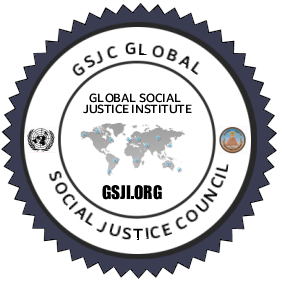|
rial is adapted specifically to the recipient country in order to facilitate the inte- gration of human rights
into existing training programmes and curricula.
Peacekeeping and the training of international civil servants
In accordance with the Vienna Declaration and Programme of Action, adopted by the World Conference on Human Rights
in June 1993, the Techni- cal Cooperation Programme has recently expanded the scope of its activities to include
human rights support within the United Nations system. In the area of peacekeeping, for example, the programme has
provided various forms of assistance to major United Nations missions in Cambodia, Eritrea, Mozambique, Haiti,
South Africa, the countries of the former Yugoslavia, and Angola. Such assistance has included, variously, the
provision of human rights information, legislative analysis, training and advisory services.
Human rights fellowships
The human rights fellowships scheme was initiated in keeping with General Assembly resolution 926 of 14 December
1955 which officially established the advisory services programme. Under the programme, fellowships are awarded
only to candidates nominated by their Governments and are financed under the regular budget for advisory
services.
Each year, the Secretary-General invites Member States to submit nomina- tions for fellowships. Governments are
requested to nominate persons directly engaged in functions affecting human rights, particularly in the
administration of justice. The Secretary-General draws their attention to con- cerns expressed by the General
Assembly, in many of its resolutions, with regard to the rights of women, and encourages the nomination of women
candidates. The principle of equitable geographical distribution is taken into account and priority is given to
candidates from States which have never benefitted from the fellowship programme, or which have not done so in
recent years.
Participants receive intensive training in a variety of human rights issues. They are encouraged to exchange their
experiences and are requested to evaluate the fellowship programme, to present individual oral reports, and to
prepare recommendations for their superiors on the basis of knowledge acquired under the programme. In accordance
with the policy and procedure govern- ing the administration of United Nations fellowships, each participant is
required to submit a comprehensive final report to OHCHR on subjects directly related to their field of
activity.
| 
